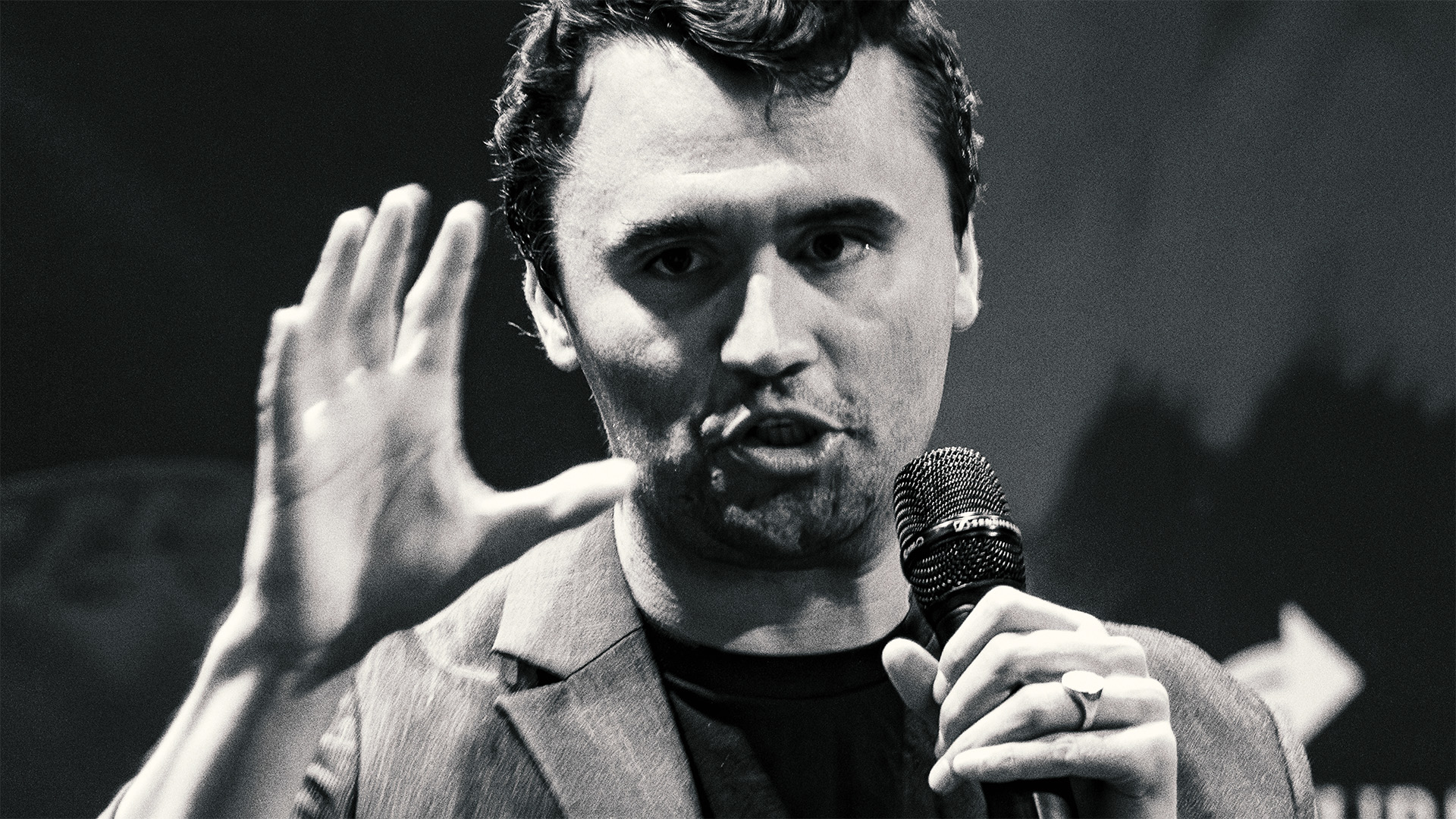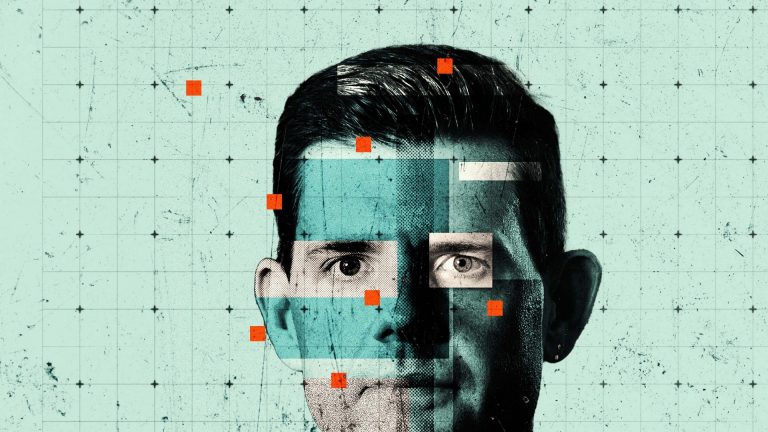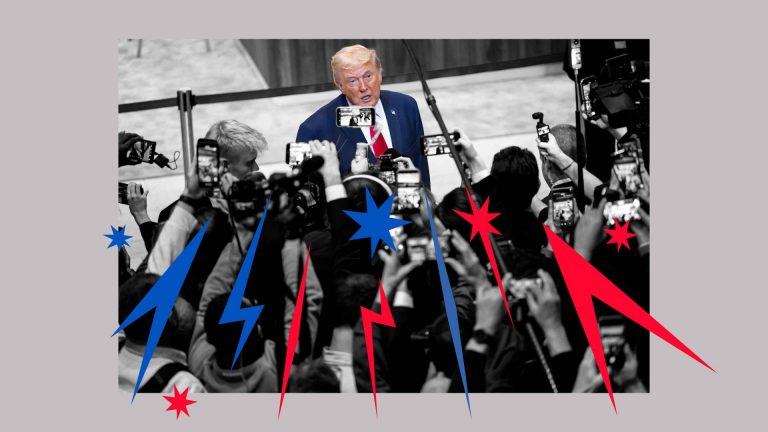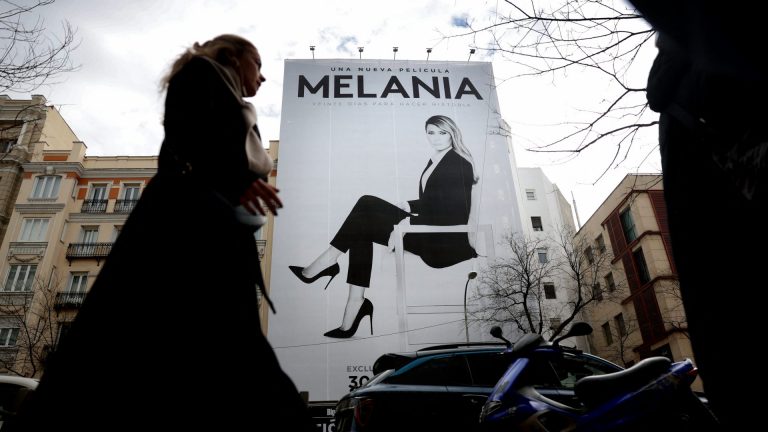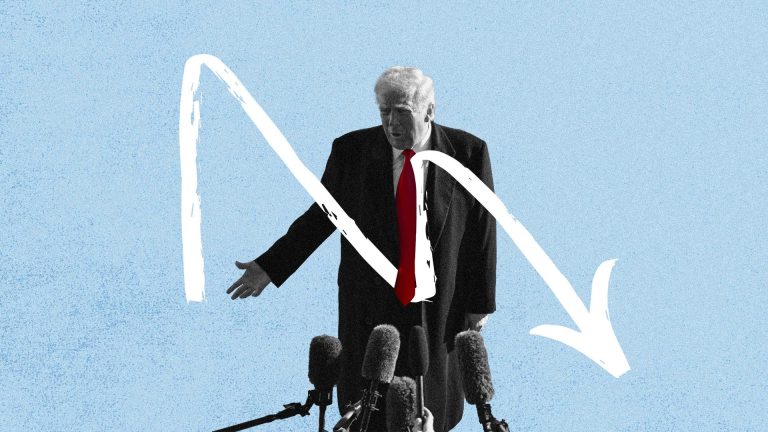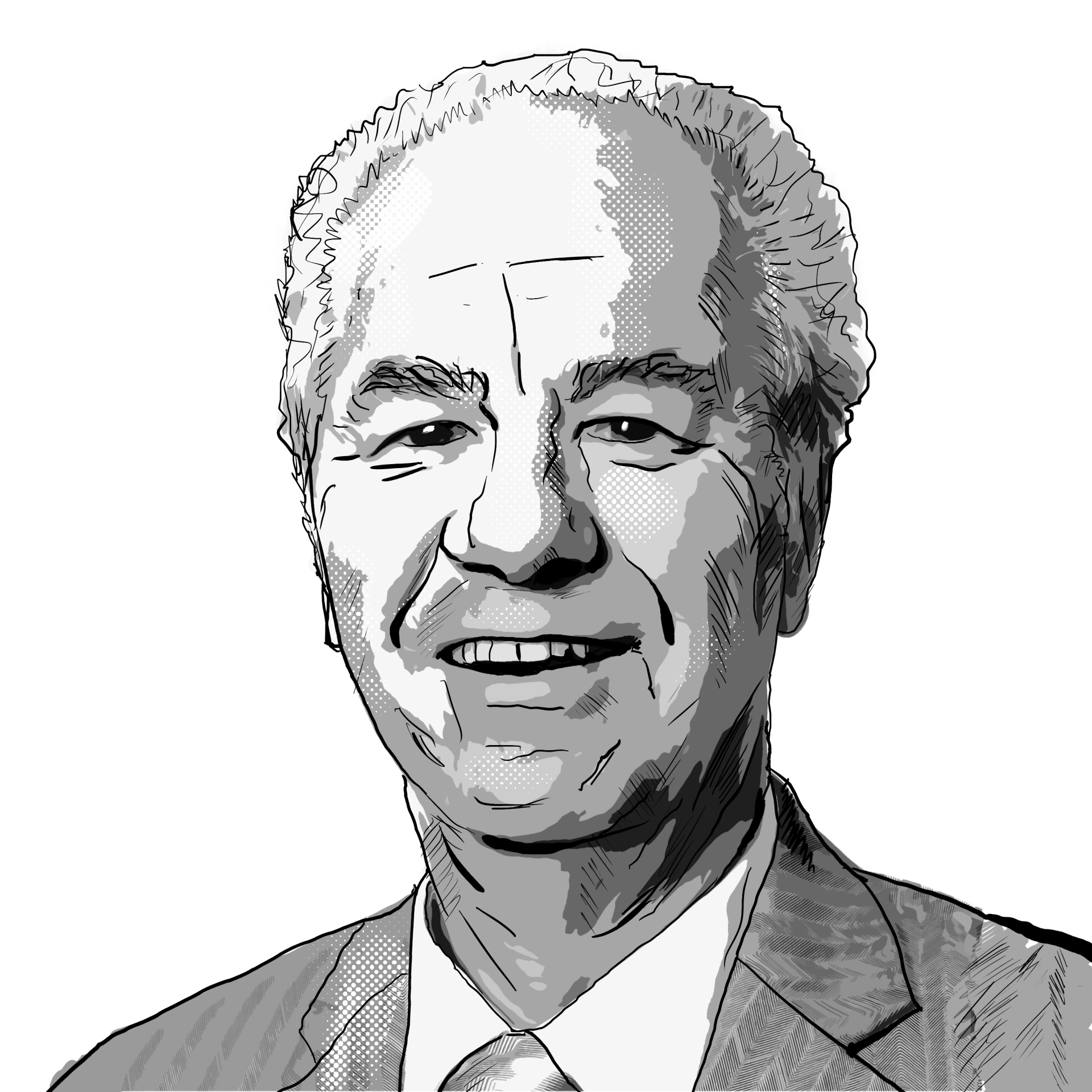It was another dark day in America’s new political reality: Conservative activist Charlie Kirk shot dead at a crowded event at a Utah university, where he was staging a debate.
Kirk specialised in the kind of open discussion that should take place in the US without the threat of violence – but it feels hopelessly naïve to even write that sentence given the current climate of fear, hatred and polarisation that now permeates the political discourse here in the US.
A dark day threatens an even darker future in Donald Trump’s America. The president chose to respond not with measured words and reassurance for all Americans, but an angry vow to wreak revenge upon his foes.
He blamed Kirk’s death on what he called the “radical left”, which was “responsible for the terrorism that we’re seeing in our country today”. He made these comments even though no suspect had been identified or detained in connection with the murder. He promised that “my administration will find each and every one of those who contributed to this atrocity and to other political violence, including the organisations that funded and supported [it]”.
That Trump lost a friend yesterday was not in question: Kirk has been a rising star in the Make America Great Again (MAGA) youth wing, crucial in helping Trump win the support of young, white males in the election last year.
Trump then listed recent acts of political violence, including the murder of United Healthcare chief executive Brian Thompson, attacks on Immigration and Customs Enforcement officers, and a shooting in 2017 that injured Republican Congressman Steve Scalise.
He did not mention the horrific political attack just a few months ago when the Democratic speaker of the Minnesota House of Representatives, Melissa Hortman, and her husband, were shot dead.
Trump also did not mention that an arsonist set fire to the home of the Democratic Pennsylvania Governor, Josh Shapiro, in April, or that the husband of the former Democratic House Speaker Nancy Pelosi suffered horrific injuries in a hammer attack at their home in 2022.
Suggested Reading
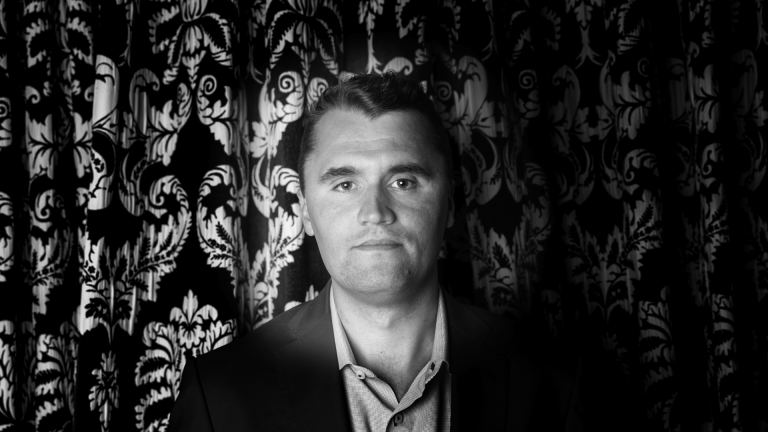

The civil legacy of Charlie Kirk
After this latest murder, which was captured in horrifying footage taken at the event, there is a new sense that we risk entering a new, even darker political landscape. Elon Musk wrote on X: “The Left is the party of murder.” Laura Loomer, the far-right activist who has Trump’s ear, called on the administration to “shut down, defund, & prosecute every single Leftist organization… We must shut these lunatic leftists down. Once and for all. The Left is a national security threat.”
Portraying this murder as an act of aggression by a political movement will not lead to reconciliation. This language of “us and them” amplifies the poisonous idea that political opponents are not fellow human beings capable of compromise, but enemies to be destroyed.
So now we wait to see what action Trump will take against the forces he blames for Kirk’s death. He has many tools at his disposal. Under his presidency, the Department of Justice and FBI have become tightly aligned with the White House. Trump has shown no reluctance to use these instruments of law enforcement to go after political opponents, for example when a wave of vandalism broke out against Tesla dealerships – back when Trump and Musk were still close. The attorney general Pam Bondi ruled these as acts of domestic terrorism.
The FBI under Kash Patel has also launched investigations into individuals Trump deems enemies. Earlier this month, the Bureau raided the house of John Bolton, Trump’s former security advisor and an outspoken critic of the White House. The Supreme Court, with its Conservative majority, has so far shown little will to intervene in any of Trump’s more extreme executive orders.
Trump has the means to react to this tragic murder in a way that will take the US into a new, more dangerous phase. Everything we have seen of him so far suggests he will do so. When things turn bad, history shows Trump is always able to make things even worse.
Charlotte McDonald-Gibson is the author of Far Out: The Lives of Former Extremists and What They Teach Us

